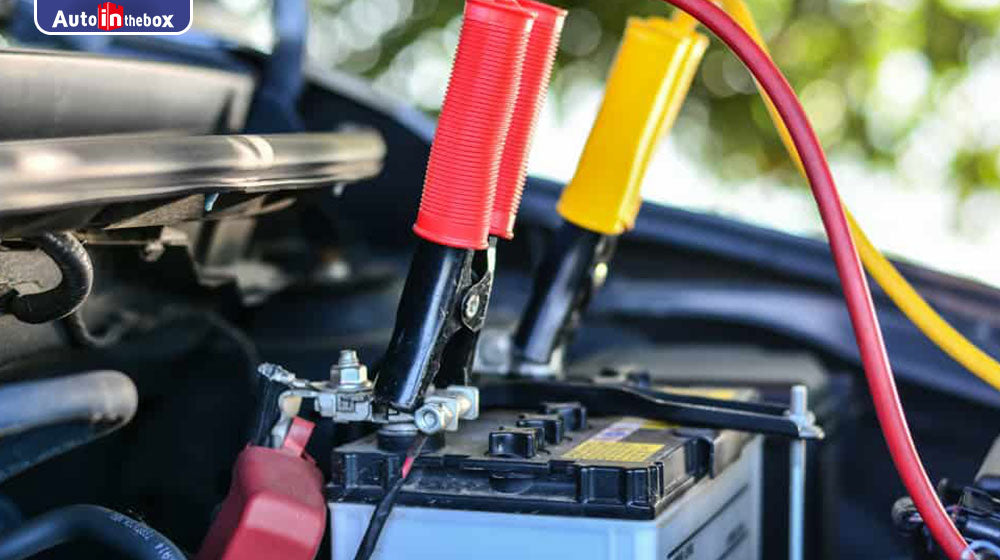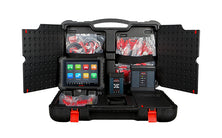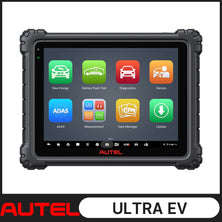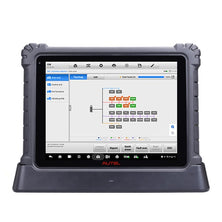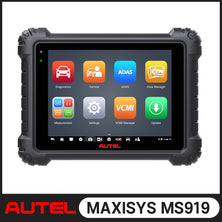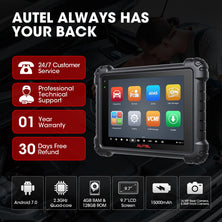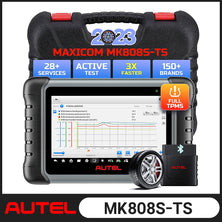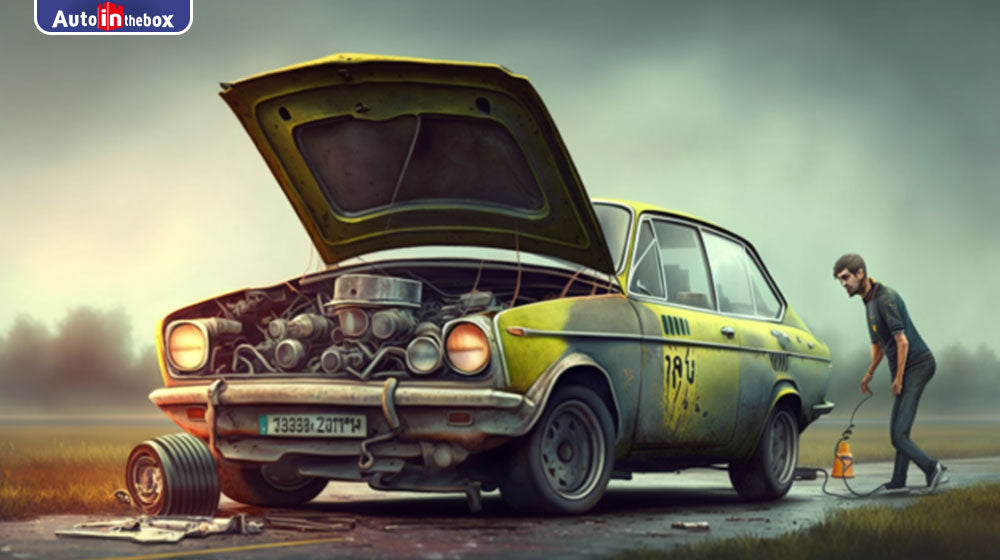
Why won't my car start? Common issues and solution
Common reasons why a car won't start and how to fix
Battery issues:
If the battery is low on charge or is damaged, the vehicle may not start. This could be due to old age or wear and tear, leaving headlights or other electronics on for too long, extreme temperature changes that affect battery performance, or loose or corroded battery terminals.
Solution: Jump start the car using another vehicle's battery or a portable jump starter, replace the battery with a new one, check the battery terminals and clean them if necessary to ensure a good connection, or use a battery charger to charge the battery if it's only low on charge.
Starter motor failure:
The starter motor is responsible for turning the engine over when you turn the key. If it fails, the car won't start. This could be due to a worn out or damaged starter motor, faulty starter solenoid, loose or corroded wiring connections, or low voltage or weak battery.
Solution: Check the battery and connections to ensure they're not causing the problem, test the starter motor and solenoid with a multimeter to see if they're faulty, replace the starter motor or solenoid if they're worn out or damaged, or check the wiring connections and repair or replace any damaged wires.
Recommended 2023 top battery tester: OTOFIX BT1 battery tester, Autel MaxiBAS BT608E, Topdon AB101 Car Battery Tester.
Fuel system issues:
If the fuel system is not working properly, the car won't start. This could be due to a clogged fuel filter, failed fuel pump, dirty fuel injectors, an empty gas tank, or bad fuel quality.
Solution: Check the fuel level and refill the tank if necessary, replace the fuel filter if it's clogged, check the fuel pump to see if it's working properly and replace it if necessary, clean the fuel injectors or replace them if they're faulty, or use high-quality fuel and avoid old or contaminated fuel.
Ignition system issues:
Problem: The ignition system is responsible for creating the spark that ignites the fuel in the engine. If it fails, the car won't start. This could be due to:
A faulty ignition coil
Damaged spark plugs
Failed ignition switch
Faulty distributor cap or rotor
Solution: If the ignition system is the problem, there are a few solutions:
Check the spark plugs and ignition coil with a spark tester to see if they're working properly
Replace the spark plugs and ignition coil if they're damaged or faulty
Check the ignition switch to see if it's working properly and replace it if necessary
Replace the distributor cap or rotor if they're worn out or damaged
Electrical:
Problem: There are many electrical components in a car that can cause starting problems. This could be due to:
A bad alternator
Faulty wiring or connections
Blown fuses
Malfunctioning sensors or control modules
Anti-theft system issues
Solution: If electrical problems are the issue, there are a few solutions:
Check the alternator with a multimeter to see if it's charging the battery properly and replace it if necessary
Check the wiring and connections for any damage or corrosion and repair or replace them as necessary
Check the fuses and replace any that are blown
Use a diagnostic tool to check for sensor or control module issues and replace any faulty components
Check the anti-theft system and reset it if necessary
there are many potential reasons why a car may not start, and each problem requires a specific solution. It's important to properly diagnose the issue before attempting any repairs, and if you're not comfortable with car repairs, it's best to seek the help of a qualified mechanic.
Here are some preventive measures that can help avoid future car starting problems:
Regular Maintenance: It is important to schedule regular maintenance of your car as per the manufacturer's recommendations. Regular oil changes, filter replacements, and other maintenance tasks can keep your car in good condition and prevent starting problems.
Check the Battery: The battery is one of the most important components of the car's starting system. It is important to check the battery regularly to ensure that it is charged and in good condition. A weak or dead battery can cause starting problems.
Keep the Fuel Tank Full: It is important to keep the fuel tank full, as running out of gas can cause starting problems. Additionally, keeping the tank full can prevent the build-up of condensation in the tank, which can cause problems in the fuel system.
Park in a Sheltered Area: Park your car in a sheltered area such as a garage to protect it from extreme temperatures and weather conditions. This can prevent damage to the battery, starter motor, and other components, which can cause starting problems.
